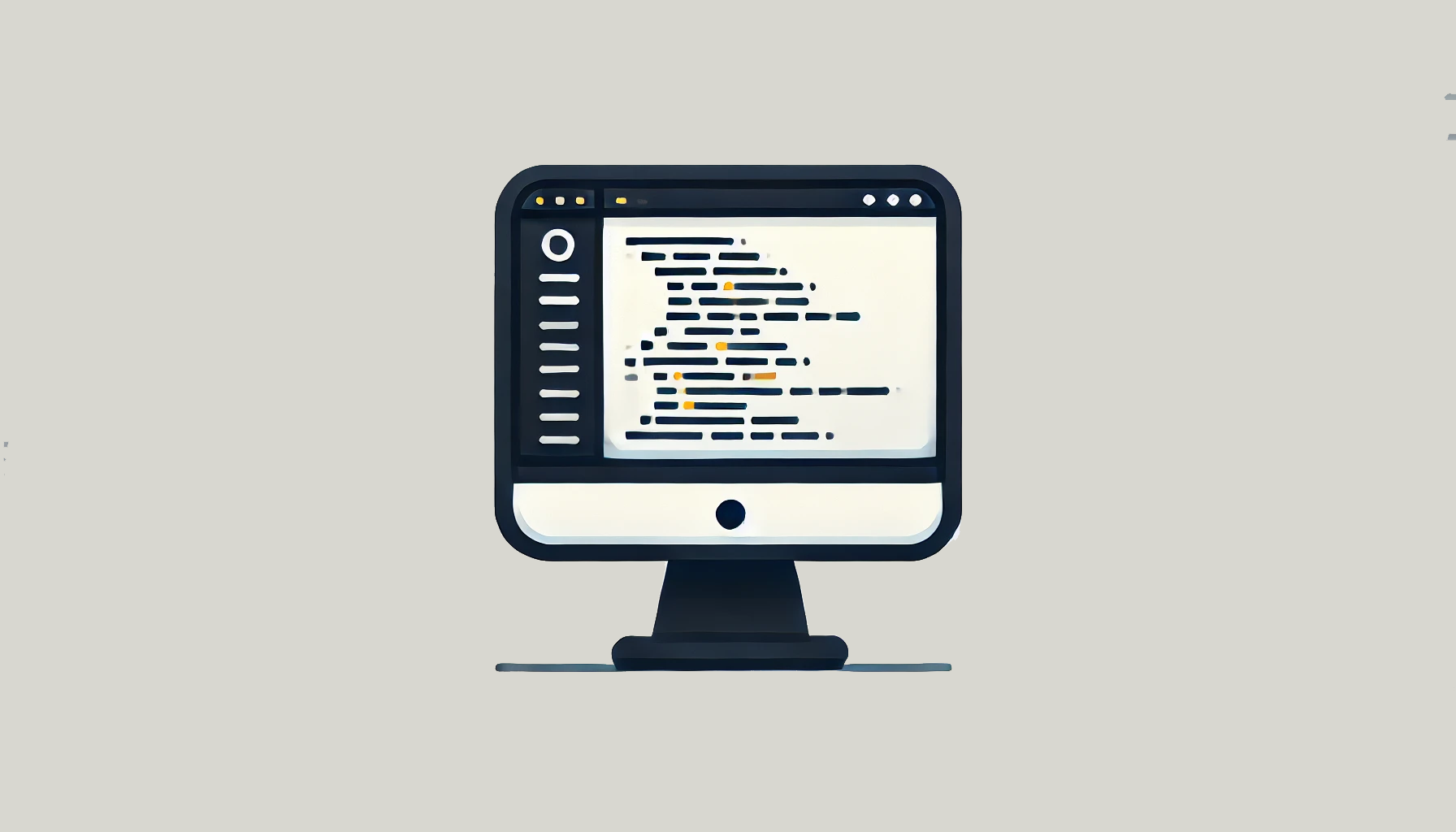Курси по темі
Всі курсиHow to Avoid Writing Spaghetti Code
Creating Maintainable and Readable Code for Better Software Development

Writing clean and maintainable code is a fundamental aspect of software development. However, many developers fall into the trap of writing "spaghetti code"—disorganized and difficult-to-maintain code. This article aims to provide strategies to avoid this common pitfall, ensuring your codebase remains clean, modular, and easy to understand.
What is Spaghetti Code?
Spaghetti code refers to a tangled and convoluted code structure that lacks clear organization. This type of code is difficult to read, understand, and maintain. It often results from poor planning, lack of modularization, and inadequate documentation.
-
Lack of Structure: The code lacks a clear and logical structure;
-
Poor Naming Conventions: Variables and functions have unclear or inconsistent names;
-
Excessive Dependencies: Functions and modules are excessively dependent on one another;
-
No Comments or Documentation: Little to no documentation explaining the code's purpose and functionality;
-
Long Functions and Methods: Functions and methods that are overly long and do too much.
Strategies to Avoid Spaghetti Code
Planning and Design
Proper planning and design are crucial to avoiding spaghetti code. Before you start coding, spend time planning the architecture and design of your software. This includes creating flowcharts, diagrams, and pseudocode to map out the structure and functionality.

Modularization
Breaking down your code into smaller, self-contained modules helps in managing complexity. Each module should have a single responsibility and should be loosely coupled with other modules.

Consistent Naming Conventions
Using consistent and meaningful naming conventions for variables, functions, and classes makes your code more readable. Follow a naming convention standard and stick to it throughout the codebase.

Writing Clean and Concise Code
Aim to write clean and concise code. Avoid unnecessary complexity and keep your functions and methods short and focused. Single Responsibility: Each function should perform a single task. DRY Principle: Don’t Repeat Yourself — avoid duplicating code. KISS Principle: Keep It Simple, Stupid — avoid overcomplicating your code.

Start Learning Coding today and boost your Career Potential

Conclusion
Avoiding spaghetti code requires discipline, proper planning, and a commitment to best practices. By implementing the strategies discussed—planning and design, modularization, consistent naming conventions, writing clean and concise code, proper documentation, and regular code reviews and refactoring—you can ensure your code remains maintainable, readable, and efficient.
Maintaining a clean codebase not only improves your productivity but also enhances the quality and longevity of your software projects.
FAQs
Q: What is spaghetti code?
A: Spaghetti code refers to disorganized and tangled code that lacks clear structure, making it difficult to read, understand, and maintain.
Q: How can modularization help avoid spaghetti code?
A: Modularization involves breaking down code into smaller, self-contained modules, making it easier to manage, read, and maintain.
Q: Why are consistent naming conventions important?
A: Consistent naming conventions enhance readability and make it easier for developers to understand the purpose and functionality of variables, functions, and classes.
Q: What is the DRY principle?
A: The DRY (Don't Repeat Yourself) principle emphasizes avoiding code duplication by ensuring each piece of knowledge is represented only once in the codebase.
Q: How often should code reviews and refactoring be done?
A: Code reviews should be done regularly, ideally for every major code change. Refactoring should be an ongoing process to continuously improve code quality and maintainability.
Курси по темі
Всі курсиTop 25 C# Interview Questions and Answers
Master the Essentials and Ace Your C# Interview
by Ihor Gudzyk
C++ Developer
Nov, 2024・17 min read

What Is Infrastructure as Code and Why It Matters
A practical introduction to Infrastructure as Code using Terraform and Ansible
by Eugene Obiedkov
Full Stack Developer
Feb, 2026・8 min read

AI as a Colleague
How Collaborative Systems Are Reshaping Work Teams in 2026
by Daniil Lypenets
Full Stack Developer
Feb, 2026・7 min read

Зміст